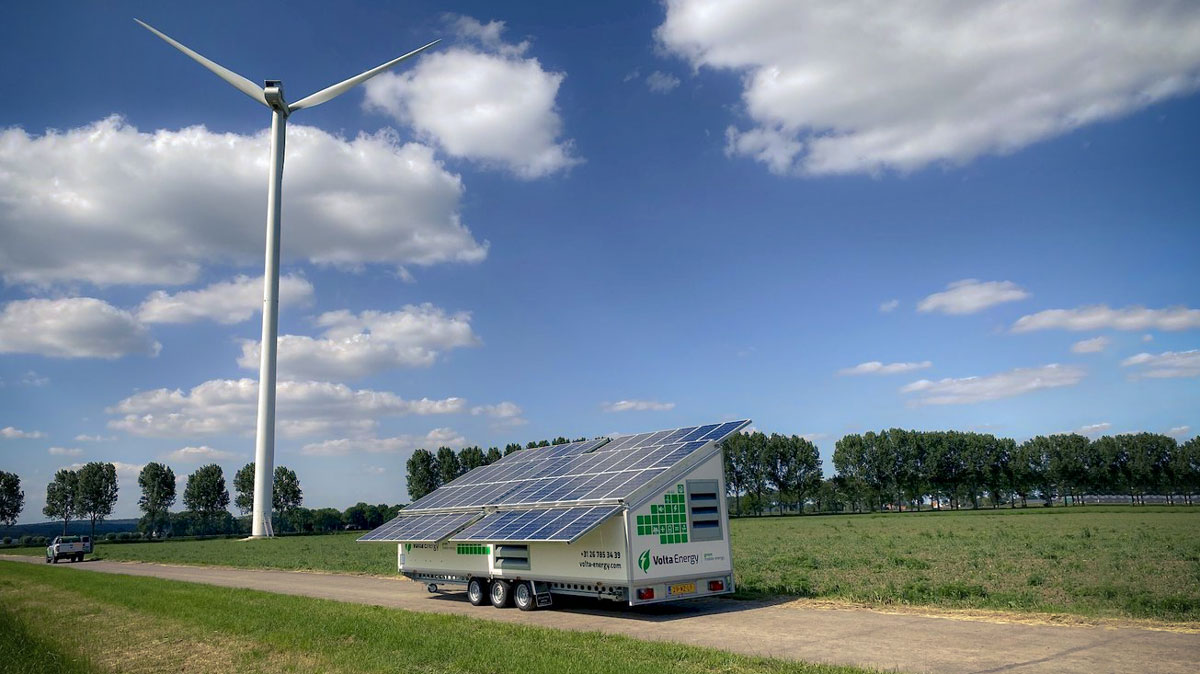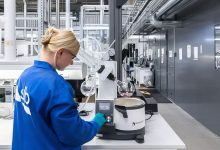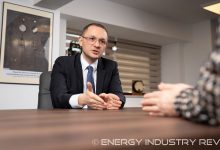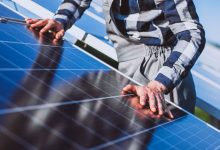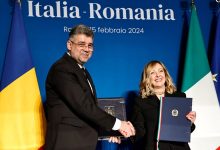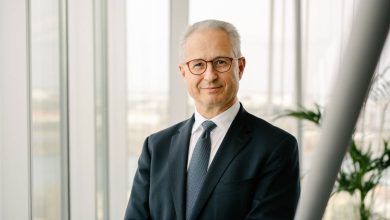EUR 24mln Hungarian Investment Aid to Volta Energy Solutions’ Battery Copper Foil Plant
The European Commission has found Hungary’s EUR 24 million investment aid to Volta Energy Solutions for the extension of a battery copper foil plant in the Hungarian region of Közép-Dunántúl (Central Transdanubia) to be in line with EU State aid rules. The aid will contribute to the development of the region, whilst preserving competition.
The Hungarian measure
Volta Energy Solutions (previously Doosan Energy Solution) is a subsidiary of Solus Advanced Materials Co. Ltd, a large Korean company, which produces copper foil, display materials, and biomaterials.
The EUR 24 million Hungarian investment aid will support Volta Energy Solutions’ EUR 206 million investment in the extension of its battery copper foil manufacturing plant in Környe, situated in the Hungarian region of Közép-Dunántúl (Central Transdanubia). Copper foil is generally used to manufacture batteries, and the copper foil manufactured in this plant will be specifically used for batteries for electric vehicles.
The project, which started in October 2020 and is planned to be completed in 2022, is expected to create nearly 200 direct jobs. The new unit will more than double the current production capacity of the plant.
The production plant is located in the Közép-Dunántúl (Central Transdanubia) region – an area eligible for regional aid under Art. 107(3)(a) of the Treaty on the Functioning of the European Union.
The Commission’s assessment
The Commission assessed the aid measure under the applicable Guidelines on Regional State Aid for 2014-2020, which were prolonged until 31 December 2021. The rules on regional State aid enable Member States to support the economic development and employment in the EU’s less developed regions and to foster regional cohesion in the Single Market.
The Commission found that:
- The investment aid will contribute to job creation as well as to the economic development and to the competitiveness of a disadvantaged region
- In the absence of the public funding, the project would have been carried out outside the European Economic Area (EEA)
- The aid is limited to the minimum necessary to trigger the investment in Hungary, rather than outside the EEA and complies with all aid intensity requirements, also taking into account the aid which Hungary granted to the company for the same plant in 2018 under the General Block Exemption Regulation.
On this basis, the Commission concluded that the positive effects of the project on regional development clearly outweigh any distortion of competition brought about by the State aid. Therefore, it approved the measure under EU State aid rules.
Background
Under the rules on Regional State aid, an aid measure has to meet the following conditions in order to be approved by the Commission:
- The aid must have a real ‘incentive effect’, in other words, it must effectively encourage the beneficiary to invest in a specific region
- The aid must be kept to the minimum necessary to attract the investment to the disadvantaged region
- The aid must not have undue negative effects, such as the creation of excess capacity in a declining market
- The aid must not exceed the regional aid ceiling applicable to the region in question
- The aid must not directly cause the relocation of existing or closed down activities from elsewhere in the EU to the aided establishment; and
- The aid must not divert investment away from another region in the EU, which has the same, or lower, level of economic development than the region where the aided investment takes place.
In April 2021, following an evaluation of the Guidelines on Regional State Aid for 2014-2020 conducted in 2019 and an extensive consultation of all stakeholders on the draft text, the Commission adopted revised Regional Aid Guidelines. While the main elements of the rules remained unchanged, the revised Regional Aid Guidelines include several targeted adjustments to simplify and reflect experience gained from the application of the previous rules, as well as to reflect new policy priorities related to the European Green Deal and the European Industrial and Digital Strategies. Within the framework of the revised Regional Aid Guidelines, on 16 September 2021, the Commission approved under EU State aid rules, Hungary’s map for granting regional aid from 1 January 2022 to 31 December 2027.
The revised Guidelines started applying as of 1 January 2022. They do not apply to aid granted before 1 January 2022 (as in case at stake), which is assessed under the Guidelines on Regional State Aid for 2014-2020.
EBRD Supports EV Battery Copper Foil Producer Solus Advanced Materials
A long-term loan of USD 28 million from the EBRD will support the construction of an ultra-thin copper foil factory for electric vehicle (EV) batteries in Tatabanya, northwestern Hungary, by Solus Advanced Materials of South Korea, which is one of the global leading producers of the material.
The first plant in Europe to produce copper foil for EV batteries, this facility will supply to European EV battery producers in Europe.
By 2050, the European Union aims for a climate-neutral economy. Moving to electro-mobility is a key element in reducing CO2 emissions and reaching the bloc’s climate action targets.
The plant in Hungary will contribute to this aim. Since it relies fully on scrap copper, it also contributes to the circular economy of the EV battery sector. The project is aligned with the goals of the Paris Agreement on limiting climate change and meets the requirements of the EU Taxonomy.
“We are pleased to finance this project, which marks another step forward in greening the economy and advancing e-mobility. We have a strong track record of financing EV manufacturing, EV batteries and other EV supply chain components. We fully support Solus Advanced Materials’ growth and its contribution to Hungary’s becoming a hub for the European EV battery industry,” Frederic Lucenet, EBRD Head of Industries, stated.
“We are delighted with our cooperation with valued European partner such as EBRD. Construction of the plant in Hungary is a significant milestone for Solus and we believe EBRD’s support will strengthen our growth strategy and contribute to accelerating the shift to EVs and a cleaner world for us all. We look forward to continued cooperation with the EBRD as a committed long-term partner,” Keunman Kwak, CFO Solus Advanced Materials, added.
To date, the EBRD has invested nearly EUR 3.3 billion in 192 projects in Hungary.


